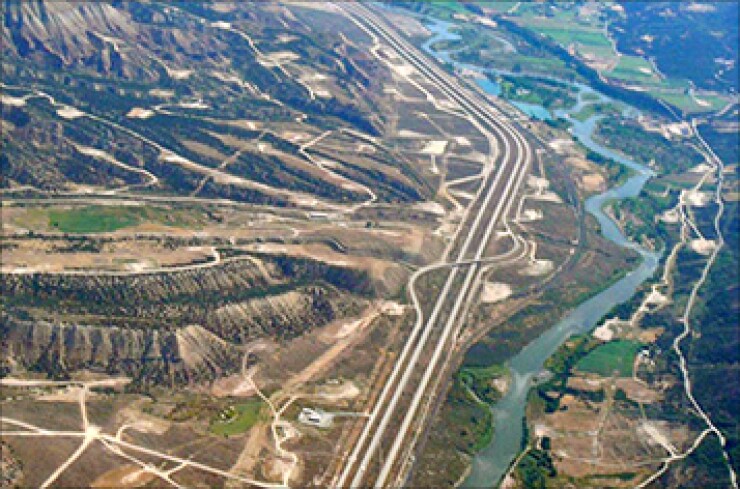
DALLAS — Colorado Gov. John Hickenlooper will leave a decision about restrictions on hydraulic fracturing operations to voters instead of calling a special session of the legislature to resolve contentious issues affecting suburban cities.
"Over the past several months, we have worked with a bipartisan coalition to explore a legislative compromise that would avoid a series of expensive and divisive ballot initiatives surrounding oil and gas development in Colorado," Hickenlooper said in a statement released July 16. "Despite our best efforts and those of other willing partners, we have not been able to secure the broader stakeholder support necessary to pass bipartisan legislation in a special session."
Supporters of a constitutional amendment creating a 2,000-foot buffer zone around any "occupied structure" are gathering signatures to put the proposal on the November ballot. Initiative 88 would allow a landowner to waive the 2,000-foot setback. The current limit is 500 feet.
Energy industry advocates are circulating a counter-initiative that would withhold tax revenues from any local government that bans fracking operations. They say that the 2,000-foot rule would effectively eliminate fracking in the state.
For the bond market, the issue is of interest because it affects the tax bases, the economies, and possibly the credit ratings of the major population centers of the Front Range of the Rocky Mountains. Ratings analysts have also warned that disposal of fracking waste through injection wells could pose a risk to the water supplies of public utilities.
Hickenlooper, a Democrat running for re-election this year against Republican Bob Beauprez, has consulted with energy companies, legislators and business groups since May to find a compromise with environmentalists and community groups.
The energy companies operating in the state said they plan to spend $50 million campaigning against the ballot measure.
Hickenlooper said that lawmakers have already dealt with several issues of concern to homeowners in suburban areas where fracking is occurring.
"We are leading the way with the nation's strongest air pollution emissions, the most robust frack fluid disclosure rule and the first direct regulation of methane," Hickenlooper said. "In the last legislative session we significantly increased fines and penalties for violations of environmental and public safety regulations."
The energy producers are proposing a ballot measure that would withhold taxes on oil and gas production from cities or counties that ban fracking.
Last November, voters in Fort Collins, Boulder and Lafayette, Colo., banned or placed a moratorium on fracking, while a moratorium in the city of Broomfield, north of Denver, failed by 13 votes. The moratoriums are nearing expiration.





